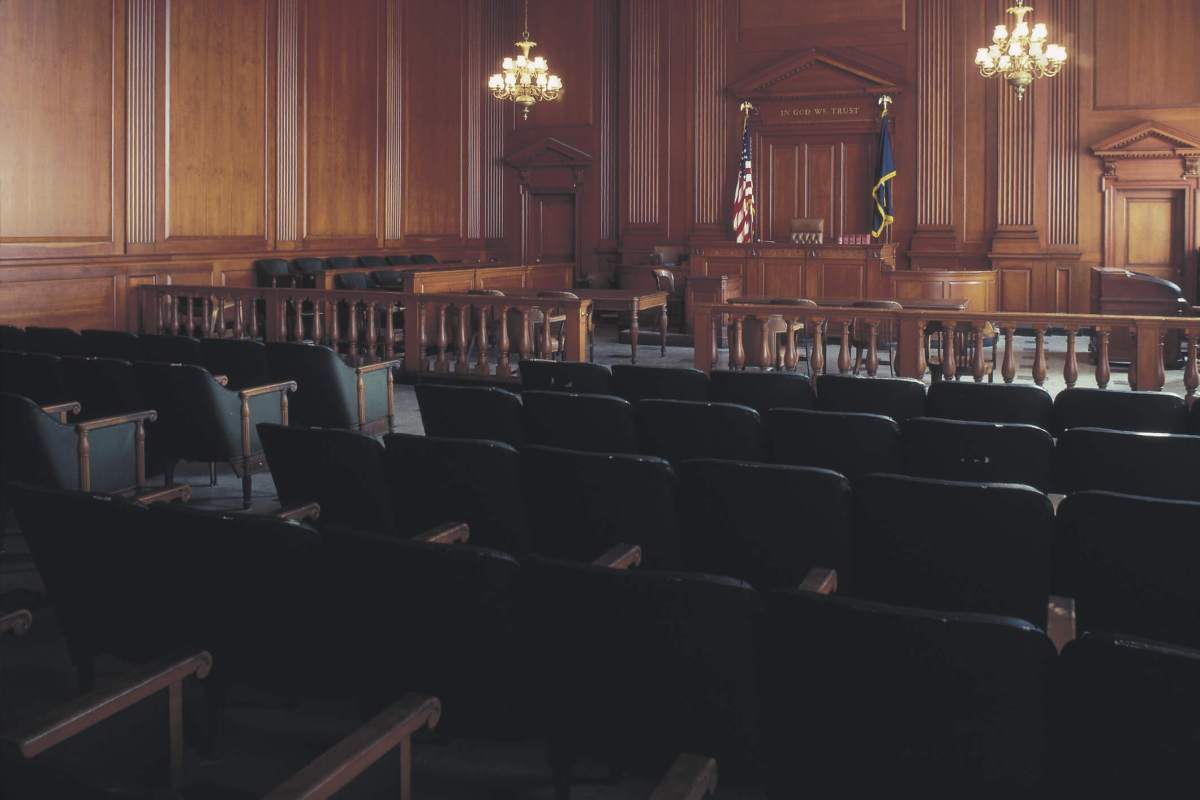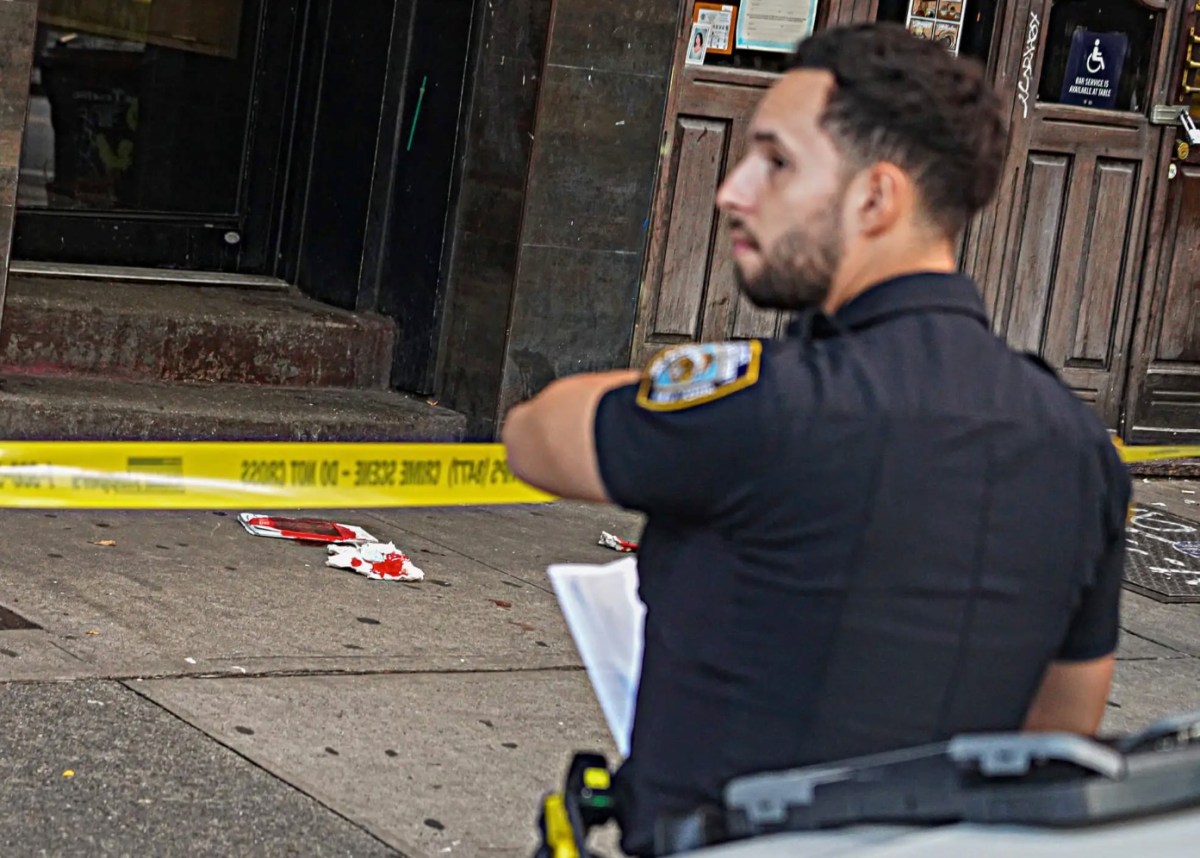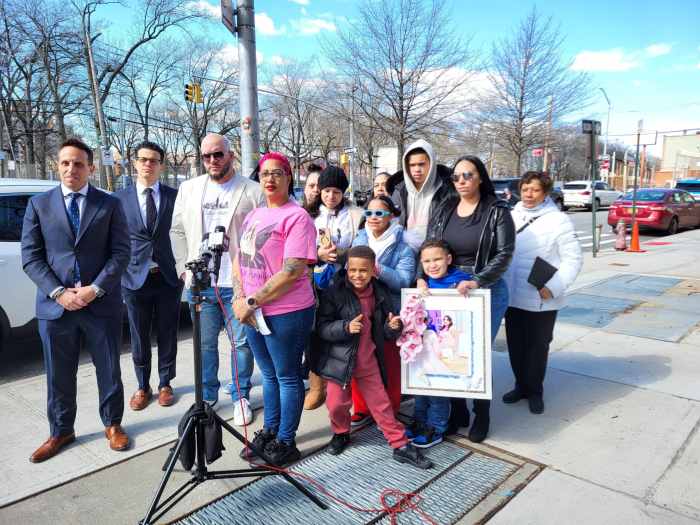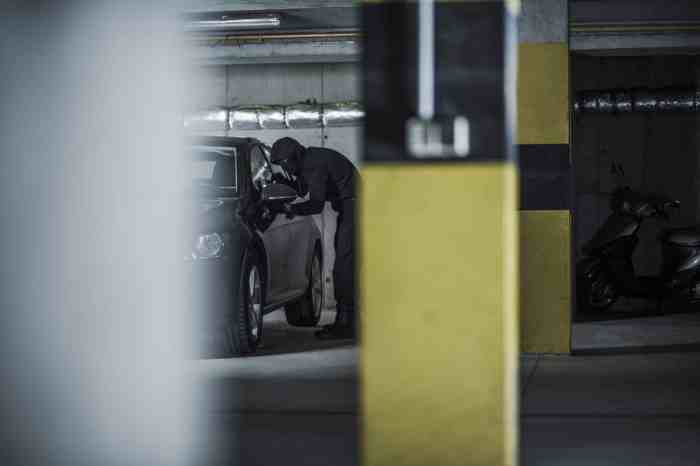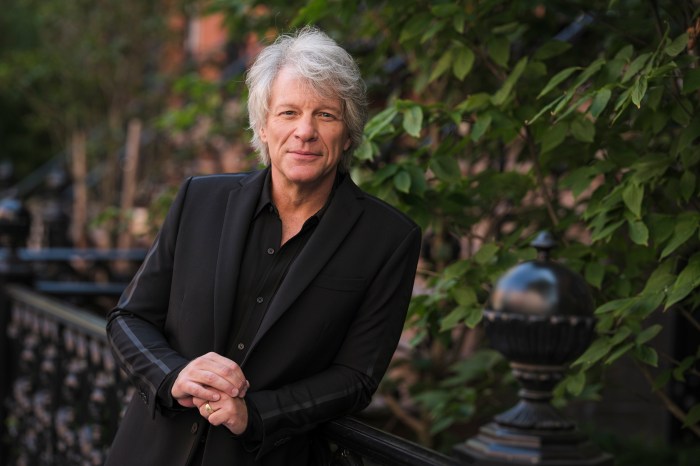A court order issued at the end of September prohibits the NYPD from using a decades-old practice of using sealed arrest information — mugshots, arrest history, fingerprints and other identifying information — in active investigations.
At the center of a year-long class action lawsuit filed by The Bronx Defenders, was a Latino man identified only as R.C., who was arrested for a 2015 robbery in the Bronx after NYPD detectives showed his photo from a 2011 sealed arrest to a victim.
R.C., the lead plaintiff, claimed in the suit that by the time prosecutors dropped charges against him the following year because he had an alibi, his life had been largely disrupted. R.C. had to make roughly 10 court appearances, and was required to make while living 75 minutes by car from the Bronx courthouse caused him to lose his job at a restaurant, his complaint says.
In the sweeping court order issued at the end of September, New York State Supreme Court Justice Lyle E. Frank said NYPD officers can no longer access sealed arrest records of millions of New Yorkers for law enforcement purposes. Public defenders and criminal defense attorneys have long claimed that the practice violates state law.
“The best way to ensure this conduct is not repeated is for this court to issue an order enjoining such future conduct,” Frank said in the order, adding that “once a sealed document is seen it cannot be unseen.”
According to 1976 state law, the records which are kept in at least 14 NYPD databases, can only be accessed via a court order. The prosecution laid out in their arguments and evaluation of NYPD training materials, that officers are encouraged to use information from sealed files.
R.C. also claimed the emotional distress he suffered from the proceedings made him abandon his plans to attend college.
So far, the NYPD has not made plans to appeal the judge’s decision and did not provide comment to the Bronx Times.
New York City Police Commissioner Dermot Shea penned an op-ed in the New York Daily News, calling the court order, “a very bad idea.”
“Sealing of criminal records does not always equate to a determination of innocence, and there are a number of legitimate reasons for cops to know the records exist,” Shea said, noting that the decision poses a “serious setback for public safety.”
Representing the plaintiffs, attorneys with The Bronx Defenders are also seeking additional records, including more than five years’ worth of emails sent or received by the Office of the Deputy Commissioner, Public Information, the NYPD’s division in charge of working with media organizations, that have mentioned the word “seal.”
The attorneys’ intent is to identify officers who leaked arrest information to the press.
In April 2019 as part of the same case, Justice Alexander M. Tisch said the police could only access sealed arrest records with a court order. During the case, evidence uncovered by the Bronx Defenders attorneys shows the NYPD had continued to access such information without court orders and had trained its officers to do so.
During the litigation, the NYPD admitted that about 800 people within its ranks have access to approximately 6 million sealed records linked to about 3 million people. While police officers on patrol and detectives don’t access sealed records, they were able to obtain them from their supervisors, usually sergeants or higher-ranking officials, according to the prosecution.
Reach Robbie Sequeira at rsequeira@schnepsmedia.com or (718) 260-4599. For more coverage, follow us on Twitter @bronxtimes and Facebook @bronxtimes

